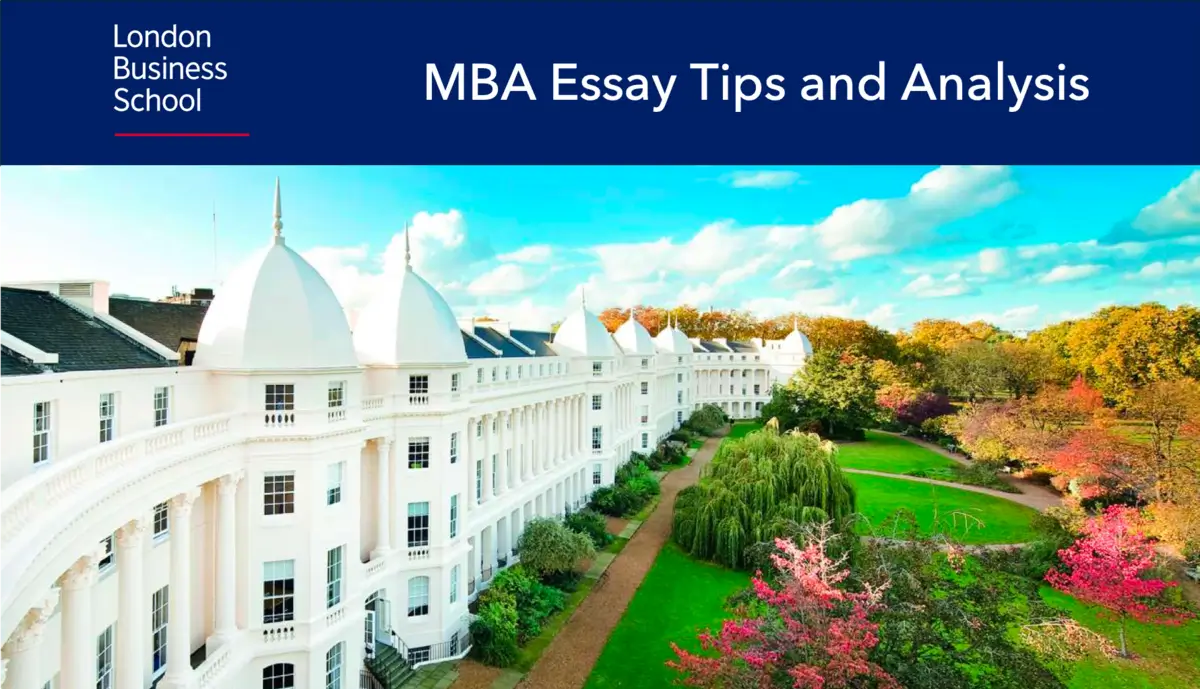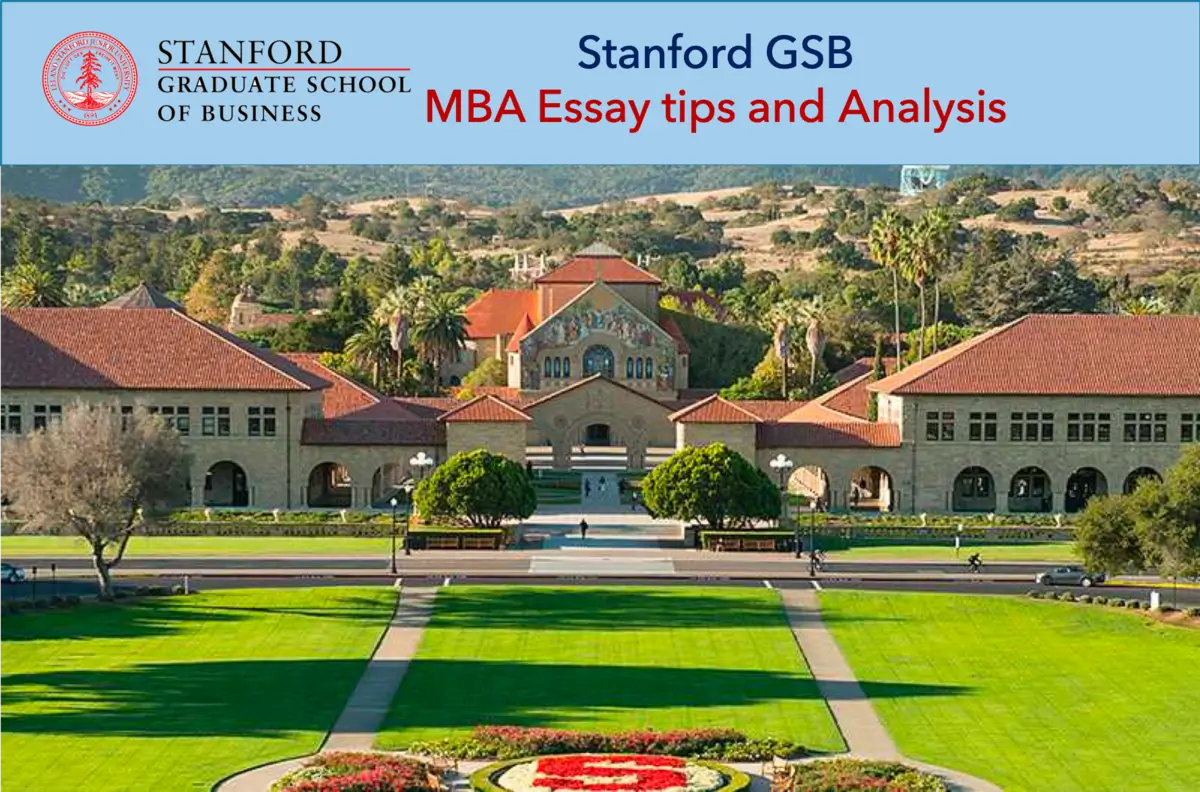GMAT Focus Edition has arrived as the latest version of the GMAT exam, offering a more refined and precise evaluation of candidates’ skills. Developed to align with the evolving needs of business schools and employers, GMAT Focus Edition incorporates new features that enhance flexibility, efficiency, and insightfulness.

In this article, we will explore the key changes in the format, scoring system, and content, as well as provide guidance on which test version of the GMAT (GMAT Focus vs Current GMAT) MBA applicants should choose.
What is the GMAT Focus Edition?
In March 2023, GMAC announced GMAT Focus Edition, designed to surpass the current version in efficiency, flexibility, and insightfulness. This new edition consists of three 45-minute sections, eliminating the essay section and reducing content to prep. It also introduces features like Question Review & Edit, Select Section Order, and improved score-sending options, allowing you to personalize your test-taking experience.
Here is a table that summarizes the key differences between the GMAT Focus Edition and the current GMAT exam:
| Feature | GMAT Focus Edition | Current GMAT |
| Number of sections and questions | 3 sections (64 questions) | 4 sections (80 questions) |
| Name of Sections | Quantitative Reasoning,Verbal Reasoning,Data Insights | Analytical Writing Assessment, Integrated Reasoning, Quantitative Reasoning, Verbal Reasoning |
| Essay (AWA) | No | Yes |
| Duration | 2 hours and 15 minutes | 3 hours and 7 minutes |
| Content | Quantitative Reasoning (21 questions, 45 mins)Problem-Solving | Quantitative Reasoning (31 questions, 62 mins)Problem-SolvingData Sufficiency |
| Verbal Reasoning(23 questions, 45 mins)Critical ReasoningReading Comprehension | Verbal Reasoning(36 questions, 65 mins)Sentence CorrectionCritical ReasoningReading Comprehension | |
| Data Insights(20 questions, 45 mins)Multi-Source ReasoningTable AnalysisGraphics InterpretationTwo-Part AnalysisData Sufficiency | Analytical Writing(1 essay, 30 mins)Analysis of an argument | |
| Integrated Reasoning (12 questions, 30 mins)Multi-Source ReasoningTable AnalysisGraphics InterpretationTwo-Part Analysis | ||
| Scoring | 205 – 805All 3 sections are weighted equally toward the total score | 200 – 800Only 2 sections i.e. Quantitative Reasoning and Verbal Reasoning are weighted equally towards the total score |
| Flexibility | Sections can be completed in the order of your choosing | Sections are to be completed in a choice of 3 section orders (as described below) |
Let’s talk about the changes in detail:
GMAT Focus Edition vs current GMAT: Major Changes
Test Length and Structure
The GMAT Focus Edition streamlines the test length, reducing it to 135 minutes from the current GMAT’s 3 hours and 7 minutes. This reduction of 52 minutes allows for a more focused assessment of the skills essential for success in business school, such as quantitative reasoning, verbal reasoning, and data interpretation.
New Data Insights Section
The GMAT Focus Edition introduces a new section called Data Insights. This section evaluates candidates’ ability to analyze and interpret data, employing various question types to assess skills in data sufficiency, multi-source reasoning, table analysis, graphics interpretation, and two-part analysis. To assist candidates in their tasks, an on-screen calculator is exclusively available for use in this section.
Content Changes in Verbal and Quantitative Sections
The Verbal section of the GMAT Focus Edition now consists solely of Reading Comprehension and Critical Reasoning questions, eliminating Sentence Correction questions. The Quantitative section exclusively features Problem-Solving questions, with Data Sufficiency questions moved to the Data Insights section. Geometry is no longer tested in the Quantitative section, and the focus is on arithmetic and algebra.
| Section | GMAT Verbal Section | GMAT Quantitative Section |
| Changes | – Only Reading Comprehension and Critical Reasoning questions. | – Exclusively Problem-Solving questions. |
| – Removed Sentence Correction questions. | – Moved Data Sufficiency questions to Data Insights section. | |
| – Reduced number of questions from 36 to 23. | – No longer tests Geometry. | |
| – Focus on arithmetic and algebra. | ||
| – Reduced number of questions to 21 (all problem-solving). |
New Scoring System for GMAT Focus Edition
The GMAT Focus Edition adopts a new scoring system that takes into account the performance in all three sections: Quantitative, Verbal, and Data Insights. The scoring scale ranges from 60 to 90 for each section, with a total score ranging from 205 to 805. The new scoring system aims to facilitate clear identification and fair evaluation of candidates while promoting awareness of any changes or recalibration in the score scale.
Section Order
In the current GMAT exam, there are three section order options and two optional 8-minute breaks that can be taken after the Verbal and Quant sections. These options include the original order (Analytical Writing Assessment, Integrated Reasoning, Quantitative, Verbal), Verbal-Quantitative-Integrated Reasoning-Analytical Writing Assessment, and Quantitative-Verbal-Integrated Reasoning-Analytical Writing Assessment.
However, in the GMAT Focus Edition, test-takers have more flexibility. They can choose from all six possible combinations for section order, including Verbal-Quant-DI, Verbal-DI-Quant, Quant-Verbal-DI, Quant-DI-Verbal, DI-Quant-Verbal, and DI-Verbal-Quant. Additionally, there is now one optional 10-minute break that can be taken after completing the first or second section.
Scoring system
The scoring system in the GMAT Focus edition has undergone changes to include all three sections in the computation of your score, unlike the current GMAT which only considers the Quantitative and Verbal sections.
Here is the new scoring system for the GMAT Focus Edition:
| Section | Score Range | Increment Scale |
| Total Score | 205 – 805 | 10 point increments |
| Quantitative | 60 – 90 | 1 point increments |
| Verbal | 60 – 90 | 1 point increments |
| Data Insights | 60 – 90 | 1 point increments |
The change in the scoring system is motivated by three reasons:
- Facilitating Clear Identification: The new scoring system aims to provide candidates and schools with easily identifiable and understandable scores, promoting efficient evaluation and comparison of candidates’ performance.
- Ensuring Fair Evaluation: The scoring system considers various factors, including question difficulty, to ensure fairness in assessing candidates. It provides an accurate representation of each candidate’s abilities.
- Promoting Awareness of Score Scale Changes: The scoring system helps raise awareness about any changes or recalibration in the score scale. This ensures that candidates and schools are informed about adjustments in the scoring process and can interpret scores accordingly.
To understand how the GMAT Focus Edition score compares to the current GMAT scores, let’s consider an example. A candidate who achieves a score of 605 on the GMAT Focus Edition demonstrates a level of competitiveness equivalent to someone scoring 640 on the current GMAT exam, placing both candidates at the 72nd percentile.
The table below illustrates the comparison between the percentile scores of the current GMAT and the GMAT Focus Edition:
| Percentile Score | Current GMAT | GMAT Focus Edition |
| 100% | 800 | 805 |
| 99% | 750 | 715 |
| 90% | 700 | 655 |
| 75% | 650 | 615 |
| 55% | 600 | 565 |
| 38% | 550 | 525 |
| 25% | 500 | 495 |
| 15% | 450 | 455 |
| 9% | 400 | 415 |
| 6% | 350 | 395 |
| 3% | 300 | 355 |
| 2% | 250 | 335 |
| 0% | 200 | 205 |
Enhanced Official Score Report
In the past, candidates had to purchase an Enhanced Score Report (ESR) for $30 to access detailed information about their performance. However, the GMAT Focus Edition now offers an improved official score report at no additional cost, functioning similarly to an ESR. This comprehensive report provides valuable insights to help you comprehend your strengths and areas for improvement.
Option for Reviewing and Modifying Answers
Currently, the GMAT does not allow candidates to modify their answers once they are submitted. However, the GMAT Focus Edition introduces a game-changing feature, granting you the flexibility to jump to any question for review. Additionally, you can review any question multiple times, allowing you to refine your responses effectively. Within a section, you have the liberty to make up to three changes to your answers According to the GMAC, these revisions aim to empower candidates to optimize their test-taking strategies.
This brings us to the next section on whether the GMAT Focus Edition is adaptive in nature or not.
Choosing Between GMAT Focus and Current GMAT: Which Test is Right for You?
The GMAT Focus, set to launch in the last quarter of 2023 (after October), presents a new option for test-takers. However, if your goal is to complete your GMAT requirements within 2023, it is recommended to stick with the current GMAT.
If you’re planning to start preparing soon but haven’t decided which exam to take, it’s suggested to begin by focusing on the question types and content areas that are common to both versions of the GMAT.
On the other hand, if your study plans are scheduled for 2024, it is advisable to opt for the new GMAT Focus exam to align with the latest format and content updates. This way, you can ensure your preparation aligns with the most recent changes.
FAQs – GMAT Focus Edition
Is GMAT Focus adaptive in nature?
Yes, GMAT Focus is an adaptive exam that utilizes a question-adaptive format similar to the current GMAT. This means that the exam adjusts the difficulty level of questions based on the candidate’s performance up to that point. While maintaining the question-adaptive nature of the GMAT Focus exam, candidates now have the flexibility to modify up to three responses per section.
What aspects of the GMAT Focus Edition will remain similar to the current GMAT?
The following aspects will remain consistent in both the current GMAT and the GMAT Focus Edition:
- Acceptance: Both versions of the GMAT are accepted by over 2,400 schools worldwide, offering more than 7,700 programs.
- Fees: The fees for the GMAT Focus Edition will be aligned with the fees for the current GMAT exam.
- Delivery Methods: Candidates can choose to take the exam either online or at a test center.
- Test Design: Both exams utilize a question adaptive format, where the difficulty level of the questions adjusts based on the test-taker’s performance.
- Attempts: Candidates are allowed up to five attempts within a rolling 12-month period and up to eight attempts in their lifetime.
- Accommodations: Test-takers can request additional testing time, breaks, and access to other resources as needed.
When will GMAT Focus Edition launch?
GMAT Focus Edition registration will begin on August 29, 2023 and testing will begin starting November 7, 2023.
Do I need to worry about the validity of my current GMAT score once the GMAT Focus Edition is released?
You can be confident that your current GMAT score will still be valid. GMAT scores are considered valid for a period of five years from the date of the test. Business schools have not stopped accepting scores from the current exam; instead, they have broadened their criteria to include the new GMAT Focus Edition. As long as your scores fall within the valid timeframe, which applies to all these exam versions, business schools will accept them without any problem




